Directory
- Share
Valena Reich
- Scholar
- Germany
- 2023 MPhil Ethics of AI, Data and Algorithms
- Lucy Cavendish College
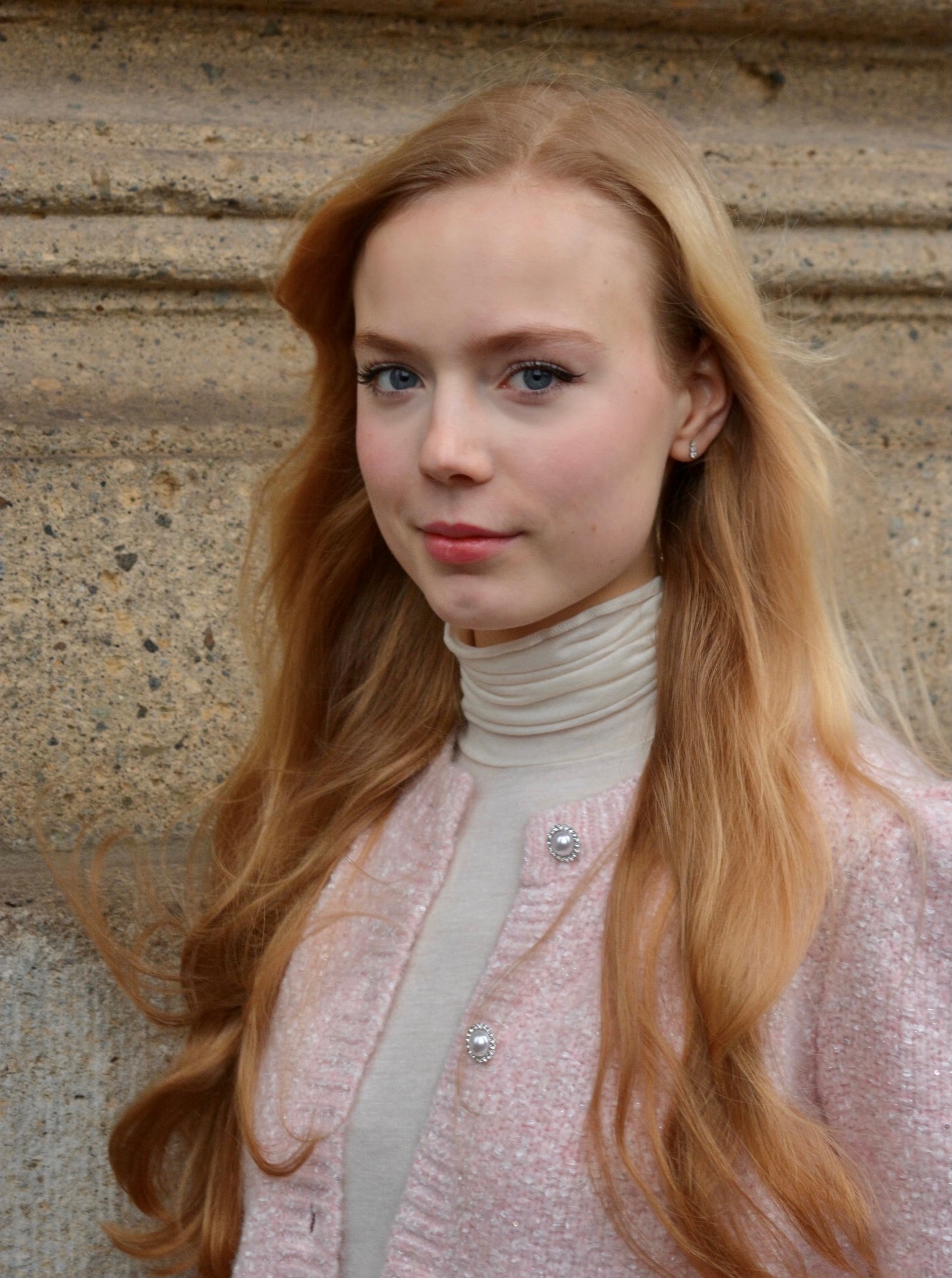
Valena Reich
- Scholar
- Germany
- 2023 MPhil Ethics of AI, Data and Algorithms
- Lucy Cavendish College
Starting my bachelor’s degree in Philosophy at King’s College London, I aspired to use my analytical and creative problem solving skills to contribute to society. The ethics of Artificial Intelligence is an emerging field in philosophy, which sparked my interest as it holds the key to shape technological innovation as beneficial for all. The questions I focus on assess the impact of AI on our epistemic agency, how to assign responsibility to AI frameworks, and especially how an artificial moral agent should ethically behave in a pluralistic society. During my MPhil in Ethics of AI, Data and Algorithms, led by experts from the Leverhulme Centre for the Future of Intelligence, I aim to learn and produce meaningful research for the field of ethics of AI, facilitated through an interdisciplinary approach sourcing technical knowledge about AI combined with philosophy. Moreover, I hope to engage with and mutually inspire the communities of Gates scholars, Cambridge, and beyond.
Previous Education
King's College London (University of London) Philosophy 2023
Andres Ruiz Ojeda
- Scholar
- Mexico
- 2023 PhD Politics and International Studies
- Christ's College
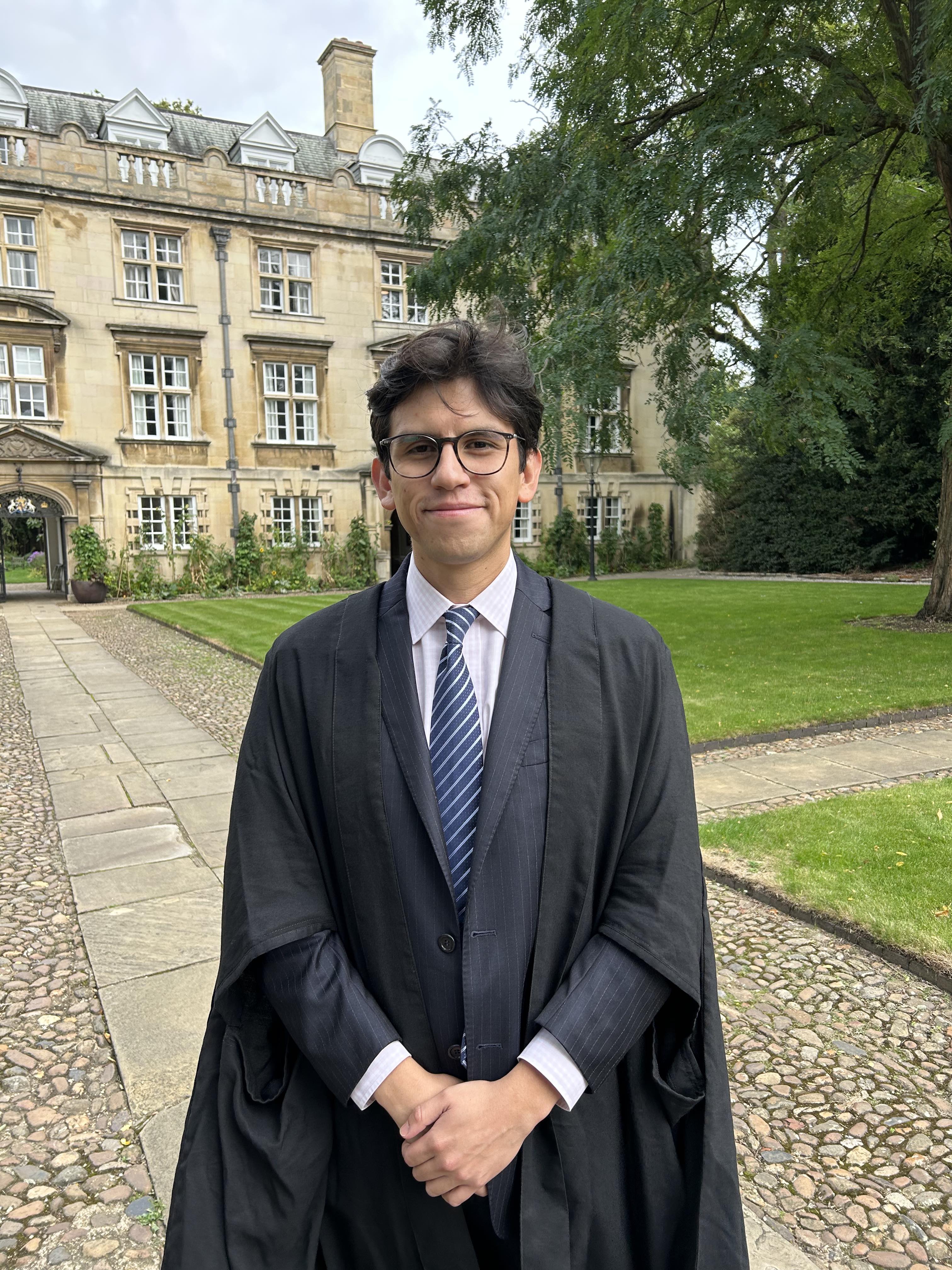
Andres Ruiz Ojeda
- Scholar
- Mexico
- 2023 PhD Politics and International Studies
- Christ's College
I have always been interested in how government works and its capacity to grapple with societies' most pressing issues. As a student at CIDE, a Mexican public social sciences think-tank, I sought to better understand social policy by exploring its conceptual underpinnings. Simultaneously, as a research assistant, I collaborated in research concerned with penitentiary and drug policy reform. After graduation, I became a lobbyist, gaining front row experience in Mexican politics. Despite working on different policy areas, including energy and fiscal policy, I felt I contributed the most by pushing for cannabis reform in partnership with activists, progressive politicians, and medical patients. Having completed my MPhil at Cambridge and worked as a policy analyst for the 2024 presidential campaign of a former Mexican Minister of Foreign Affairs, as a PhD student I study the complex relationship between international law and public policy by studying the co-constitution characterising international human rights law and countries' foreign policy priorities. I am porud to be member of the Gates Cambridge Community, and in the future, I intend to place a better understanding of policy determinants at the heart of government.
Previous Education
University of Cambridge Politics and International Stu 2022
CIDE Public Policy 2019
Aliva Salmeen
- Scholar
- Bangladesh
- 2023 PhD Public Health and Primary Care
- Lucy Cavendish College
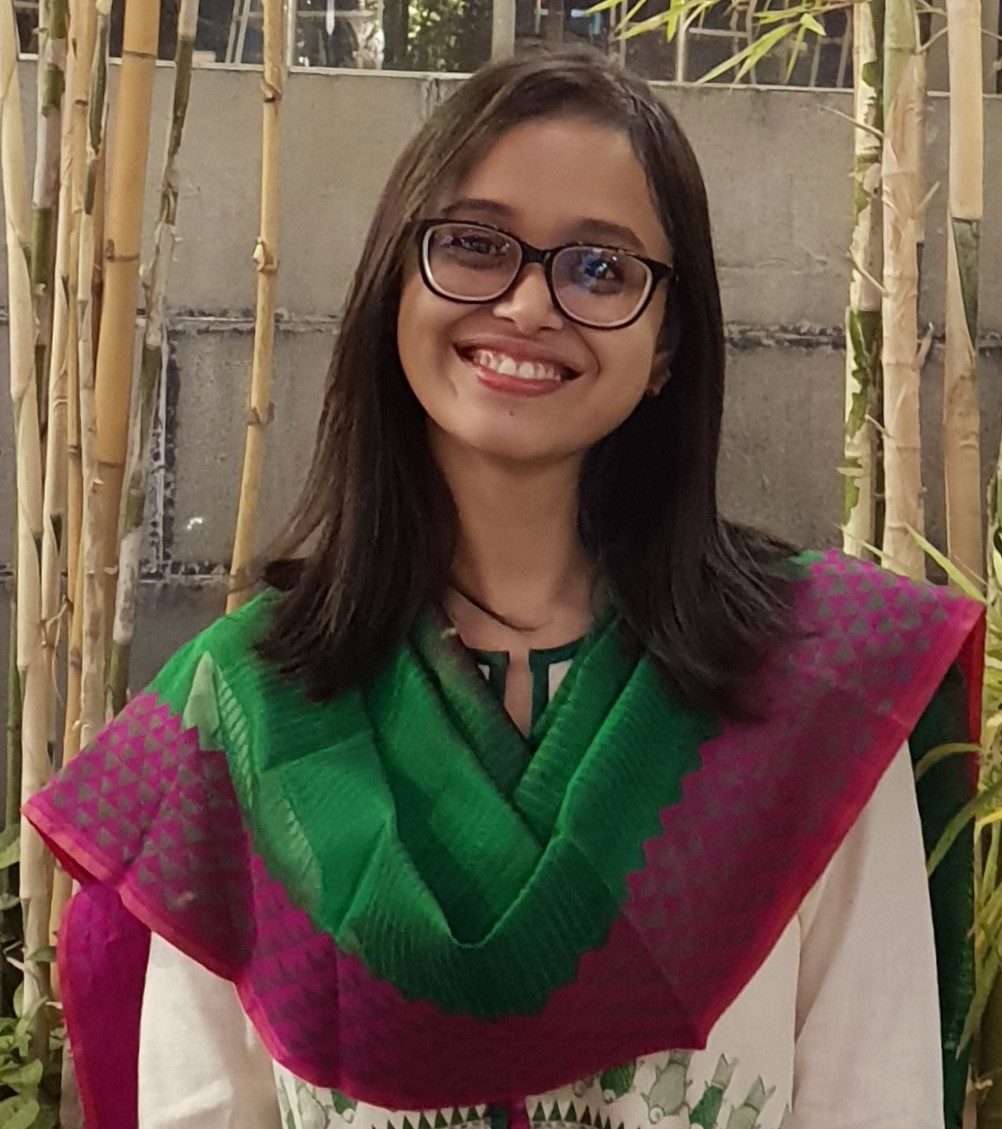
Aliva Salmeen
- Scholar
- Bangladesh
- 2023 PhD Public Health and Primary Care
- Lucy Cavendish College
Currently, the world has been experiencing a massive burden of noncommunicable diseases (NCD) and cardiovascular diseases (CVD) constitute almost half of all chronic health hazards. Several CVD risk prediction models have been developed in different populations to estimate individual risk over a 10-year period. My PhD research will focus on the performance of existing CVD risk prediction models among the Bangladeshi population along with developing a risk score that is tailored and recalibrated to the contemporary circumstances in Bangladesh. Moreover, the research will also investigate the use of polygenic risk scores which will be a novel approach for this population. I will use BELIEVE data, one of the largest NCD cohorts in Bangladesh (73,000 participants), along with other globally relevant datasets to recalibrate the prediction model. This research will have multiple potential benefits to public health in Bangladesh, while also contributing more broadly to risk prediction research globally, specifically among the people of South Asian ancestry.
Previous Education
University of Cambridge Population Health Sciences 2023
Bangabandhu Sheikh Mujib Medical University Public Health - Epidemiology 2020
University of Dhaka Medicine and Surgery 2015
Laura Isabel (Laurisa) Sastoque Pabon
- Scholar
- Colombia
- 2023 MPhil Digital Humanities
- St John's College
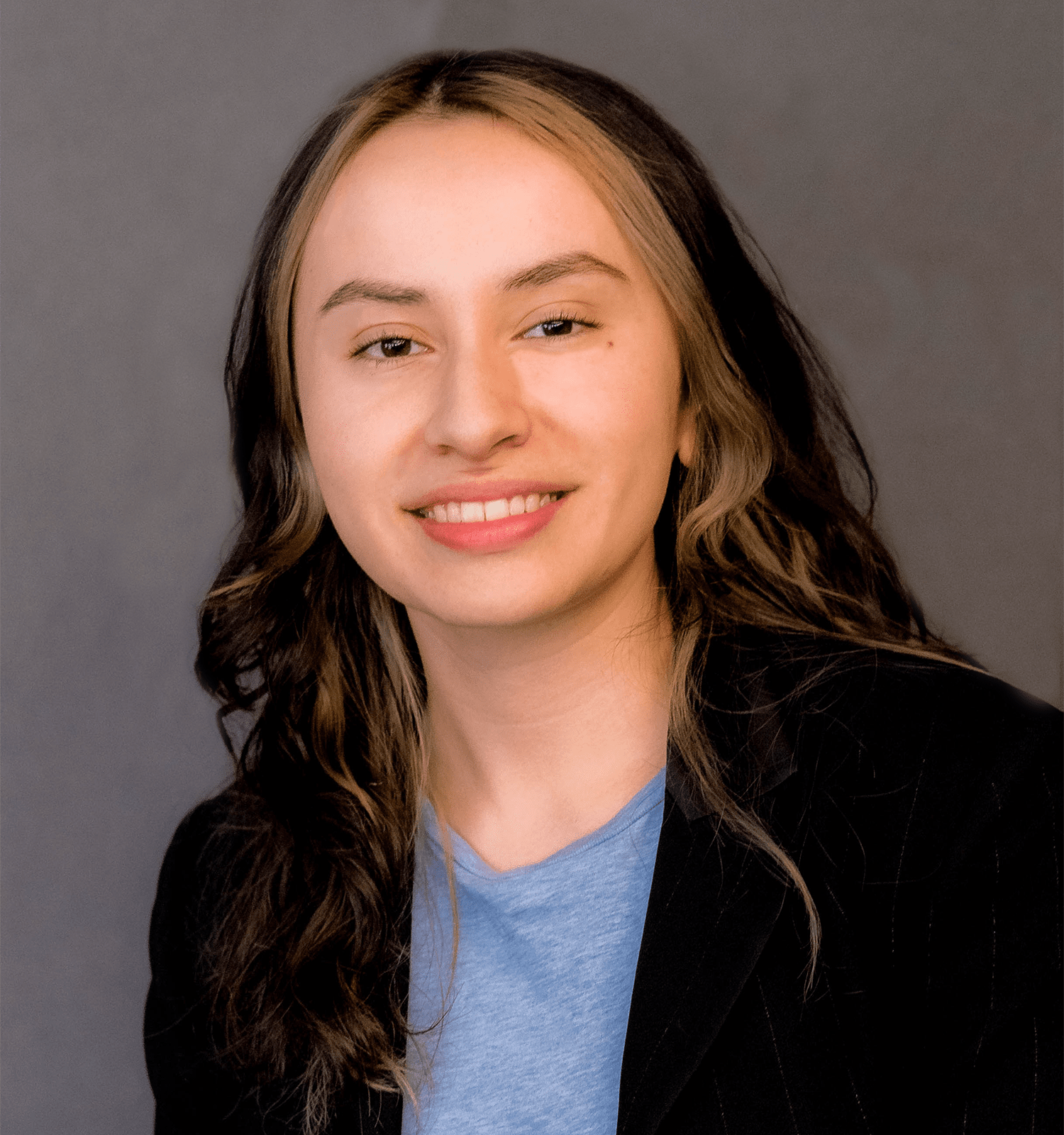
Laura Isabel (Laurisa) Sastoque Pabon
- Scholar
- Colombia
- 2023 MPhil Digital Humanities
- St John's College
Growing up in Bogotá, Colombia, I grappled with the idea of conveying a more truthful and nuanced portrayal of our people’s history to the rest of the world. In 2019, I moved to the United States to pursue a degree in History and Creative Writing, with a minor in Data Science, at Northwestern University. During my studies, I became intrigued by the stigmatization of Colombian immigrants due to our association with drug trafficking history. This interest evolved into a senior thesis that analyzed hundreds of periodical sources and oral histories to uncover how this narrative evolved. Now pursuing an MPhil in digital humanities at Cambridge, I’m merging my interests in immigration narratives and digital methods to develop a GIS map that provides a fresh perspective on the complex relationship between Colombian identity and drug trafficking. My goal is to create a digital exhibition that challenges stereotypes about global Colombians and Latin Americans, showcasing it at museums and galleries worldwide with the help of the Gates Community. I’m excited to open up new avenues for understanding and appreciation of our historical memory.
Previous Education
Northwestern University History, English, Data Science 2023
Minami Seki
- Scholar
- Japan
- 2023 MPhil Asian and Middle Eastern Studies
- Trinity College
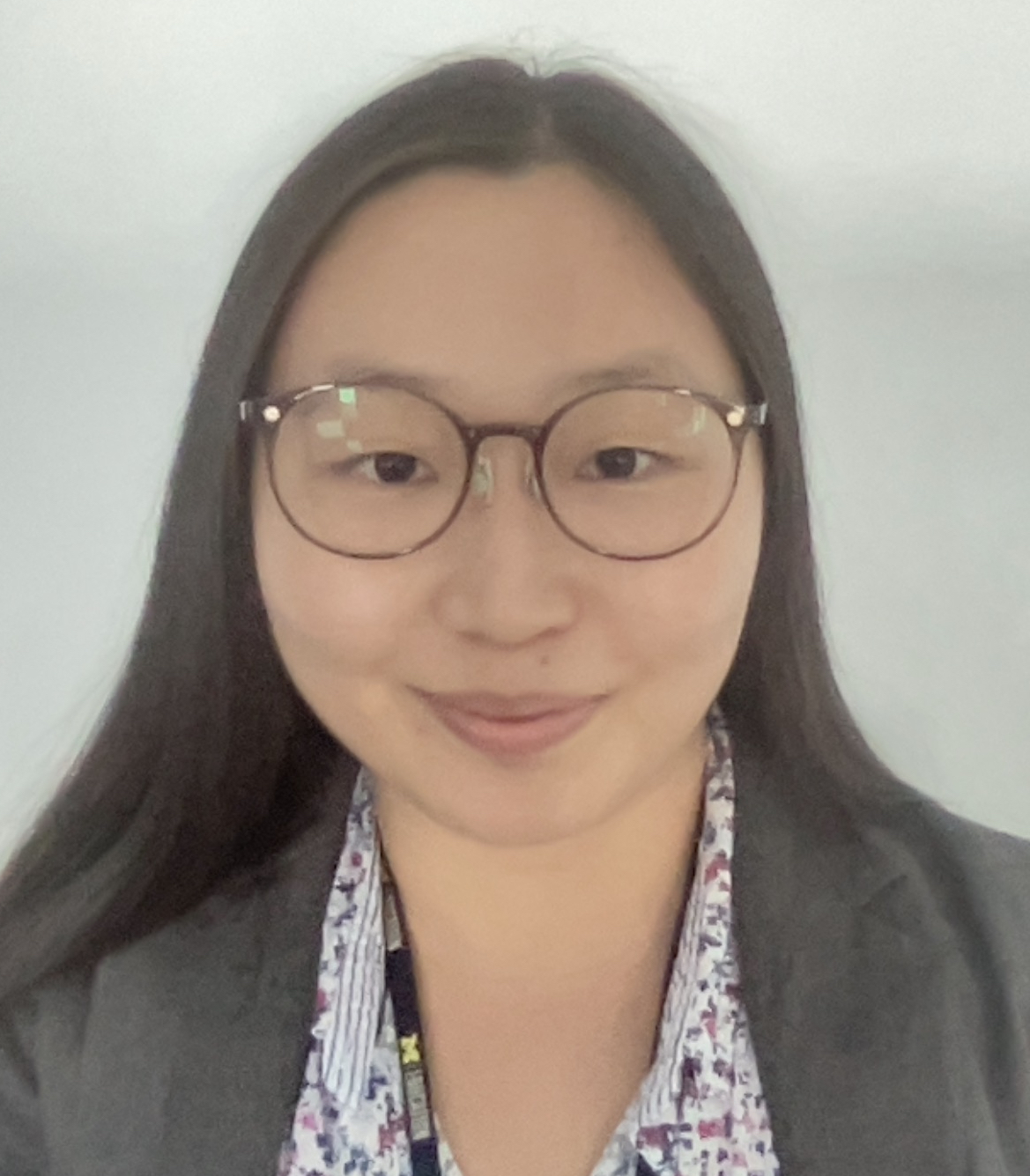
Minami Seki
- Scholar
- Japan
- 2023 MPhil Asian and Middle Eastern Studies
- Trinity College
As a woman raised in Japan, gender inequality in my country was something I was aware of from a very young age. It was during my undergraduate studies at the University of Michigan that I finally learned the language of social justice, power, and identities to express my protest against these inequalities. I learned about my country’s lack of progress towards women’s rights in the workplace through my research for my honors thesis on gender ideology and Womenomics, and then became a classroom teacher with the objective of reframing curricular material to be more gender inclusive. During my time as a teacher in Japan, I became involved in labor activism, and learned firsthand about the challenges of tackling gendered harassment in educational institutions as an employee. Through my MPhil in Japanese Studies at Cambridge, I hope to deepen my understanding of the cultural, historical, economic, and political factors that impact the formation of gender ideology in Japan today with a focus on the gendered messaging in moral education textbooks used in public education. I hope to eventually transform educational and workplace policies for women’s empowerment in Japan and in under-resourced international communities.
Previous Education
University of Michigan Educational Studies 2018
University of Michigan Economics, International Studi 2015
Margot Serra
- Scholar
- United States, France
- 2023 PhD Biological Anthropology
- Trinity Hall
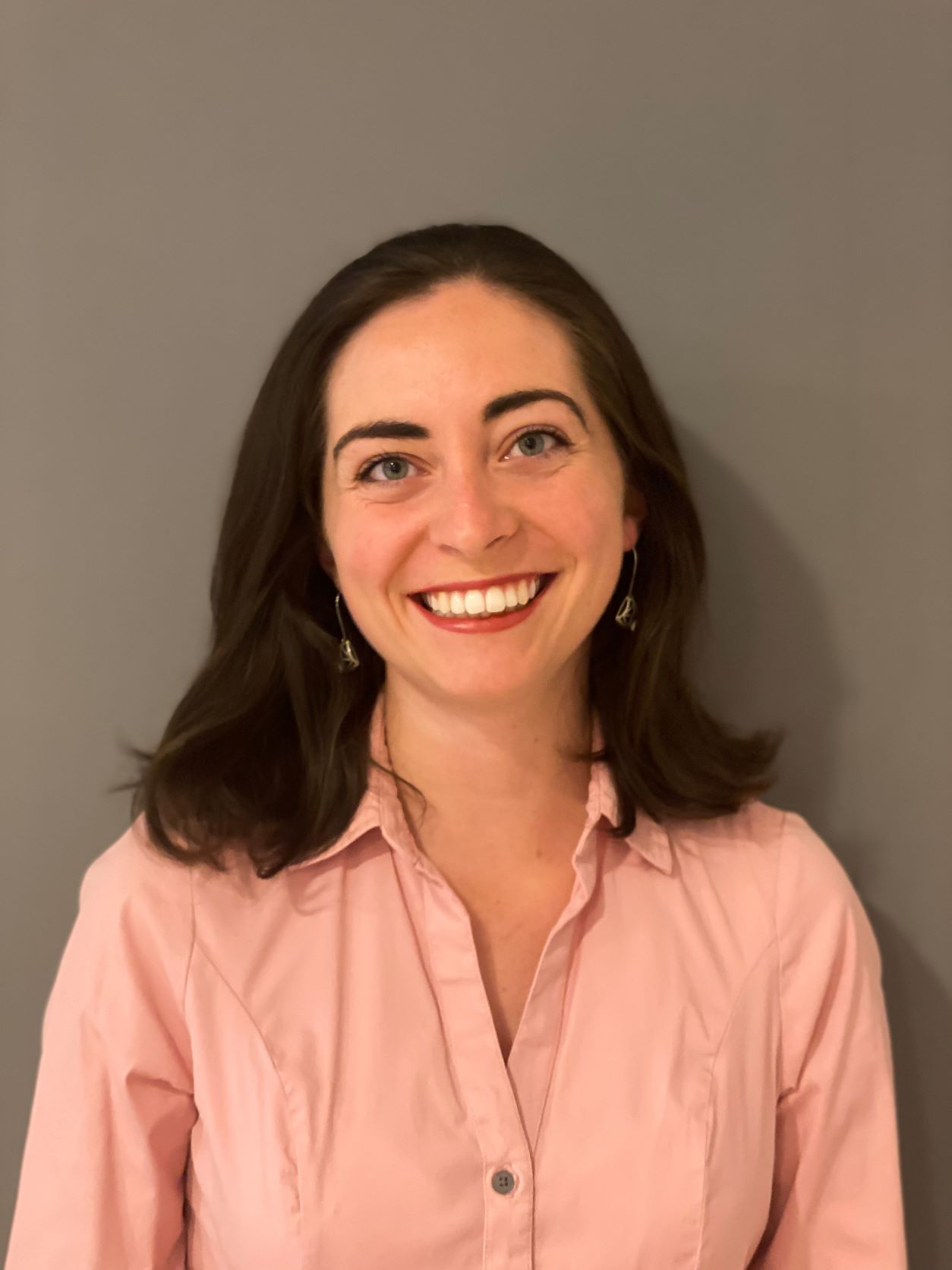
Margot Serra
- Scholar
- United States, France
- 2023 PhD Biological Anthropology
- Trinity Hall
I was born in France but grew up in the Bay Area in California. I have always been interested in combining social and biological sciences to study past human populations. After completing a BA & BSc in Anthropology and Molecular Biology from McGill University, I studied at University College London to do a MSc in Bioarchaeological and Forensic Anthropology. I then decided to undertake a second MA in Anthropology at San Francisco State University where I researched the feasibility and potentials of carrying out palaeopathological analyses of human remains found in looted Prehispanic communal tombs. My PhD research at Cambridge focuses on reconstructing Middle Preceramic (ca. 7000-6000 BP) lifeways in the Lower Ica Valley of Peru, relying on a comparative osteobiographical approach that integrates archaeological, bioarchaeological, and paleopathological lines of evidence. This project will explore the overall diversity of Preceramic communities' biocultural adaptations to the environment of coastal Peru, including within the contexts of the lomas (fog oases) and the nearby hinterlands.
Previous Education
San Francisco State University Anthropology - bioarchaeology 2023
University College London Bioarchaeology & Forensic Anth 2019
McGill University Anthropology and Biology 2018
Jing Xi (Rachel) Sim
- Scholar
- Singapore
- 2023 PhD Architecture
- Queens' College
Jing Xi (Rachel) Sim
- Scholar
- Singapore
- 2023 PhD Architecture
- Queens' College
Across the world, alternative political communities fight to represent the masses, ranging from that of alternative political parties, NGOs, to protesters that gather in the city. Through studying, conducting research, and teaching at the National University of Singapore, I have explored this at various urban scales, with the goal of illuminating political inequalities embedded in the city. I further pursued this goal as an MPhil student at the University of Cambridge, which deepened my understanding of these issues beyond Singaporean shores. Concurrently, I have also been involved in events designed to bring related theories into the everyday context. My proposed PhD study aims to explore the urban spatialities of diasporic communities in the UK, examining the social spaces required for political expression and relevant other issues such as social integration. I hope for my research to be a platform documenting the complexity of their stories, in so broadening traditional conceptions of migratory urbanisms. I am immensely grateful for the opportunity to continue my education at Cambridge as a Gates Scholar, and will continue developing my capacity as a leader and researcher who can meaningfully impact the community around me.
Previous Education
University of Cambridge Architecture and Urban Studies 2022
National University of Singapore Architecture 2021
Christopher Slaughter
- Scholar
- United States
- 2023 PhD Engineering
- Lucy Cavendish College
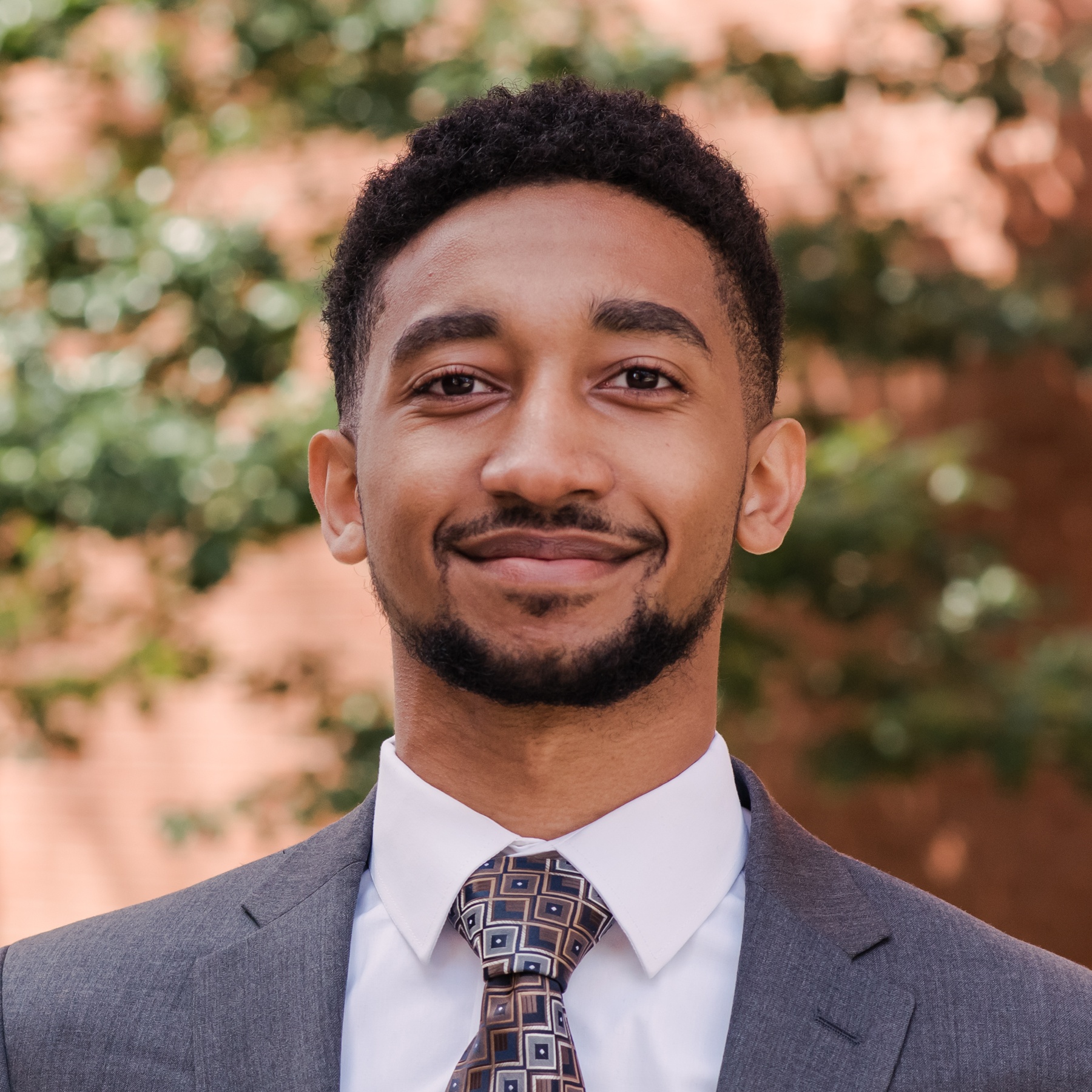
Christopher Slaughter
- Scholar
- United States
- 2023 PhD Engineering
- Lucy Cavendish College
Originally from Richmond, VA, I completed my BS in Computer Engineering at UMBC, where I conducted research under Dr. Govind Rao at the Center for Advanced Sensor Technology (CAST) on developing biosensor technologies addressing challenges in affordability and sustainability to be used in biomedicine and the bioprocess. At Cambridge, I am exploring the fabrication of a point-of-care technology for screening, diagnosing, and tracking neuromuscular disease progression under Prof. George Malliaras in the Department of Electrical Engineering. After obtaining my Ph.D. I aim to direct my own research center, consult with policymakers, and become a global ambassador for biomedical technologies.
Previous Education
University of Maryland System Computer Engineering 2023
Mónica Tapia del Moral
- Scholar
- Spain
- 2023 PhD Applied Mathematics and Theoretical Physics
- St Edmund's College
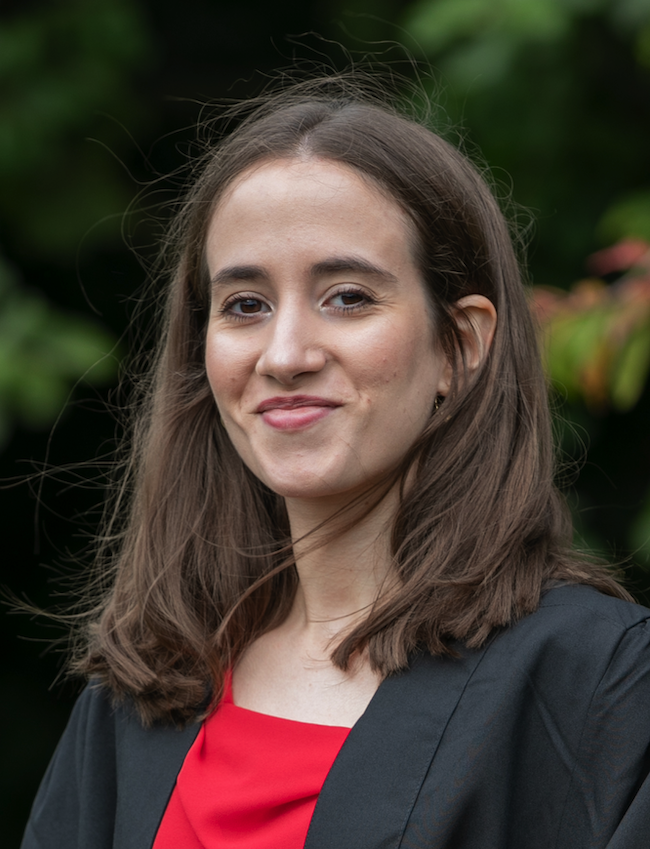
Mónica Tapia del Moral
- Scholar
- Spain
- 2023 PhD Applied Mathematics and Theoretical Physics
- St Edmund's College
While trying to decide what to study someone told me ‘Choose whatever allows you to help others more’. Throughout my studies in Mathematics and Physics in Granada, I discovered what a crucial role we have in improving our world and our understanding of it. I learnt to see them as two inseparable tools to explain nature and address some of the most fundamental questions about the Universe we live in. I am particularly keen to those arising in General Relativity, which deal with something as basic and yet as profound as the model for space and time. I am eager to learn as much as possible during my PhD to tackle some of the many fascinating open problems in the field. Along these years, I luckily came across wonderful teachers, who have made me the scientist I am today, thanks to whom I love what I study. They awoke in me the desire to one day have the same impact on future generations. Thus, I also hope to get training as an educator and science communicator, so that I can share my passion for what I do and encourage others to see the beauty and power of Mathematics and Physics. I feel immensely grateful for the chance to take the next step of my journey at Cambridge, and I am excited to join this passionate and inspiring community.
Previous Education
University of Cambridge Mathematics 2023
Universidad de Granada Physics 2022
Universidad de Granada Mathematics 2022
Anna Taródi
- Scholar
- Hungary
- 2023 PhD Physics
- St John's College
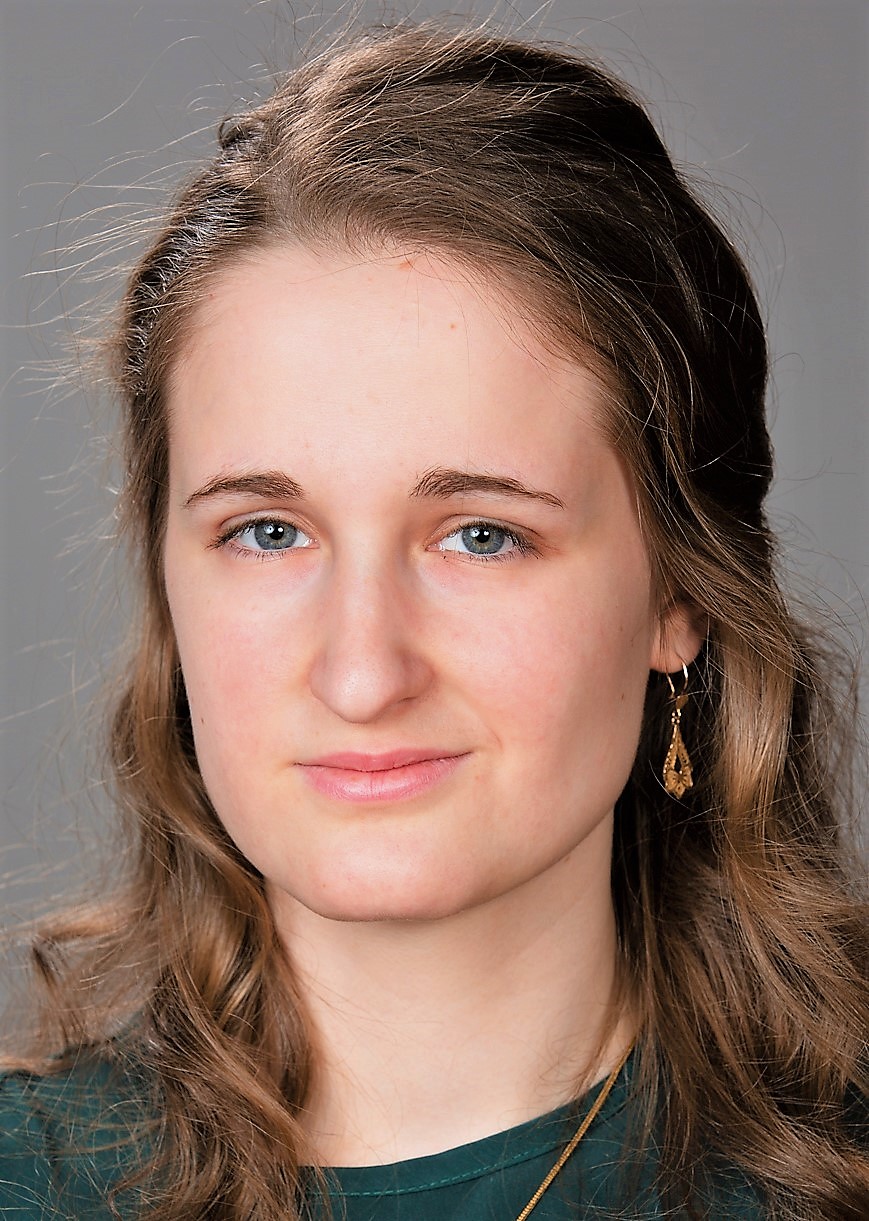
Anna Taródi
- Scholar
- Hungary
- 2023 PhD Physics
- St John's College
Previous Education
University of Cambridge Physics 2023
King's College London (University of London) Physics with Theoretical Phys. 2022
Sydnae Taylor
- Scholar
- Jamaica
- 2023 MPhil Health, Medicine and Society
- Darwin College
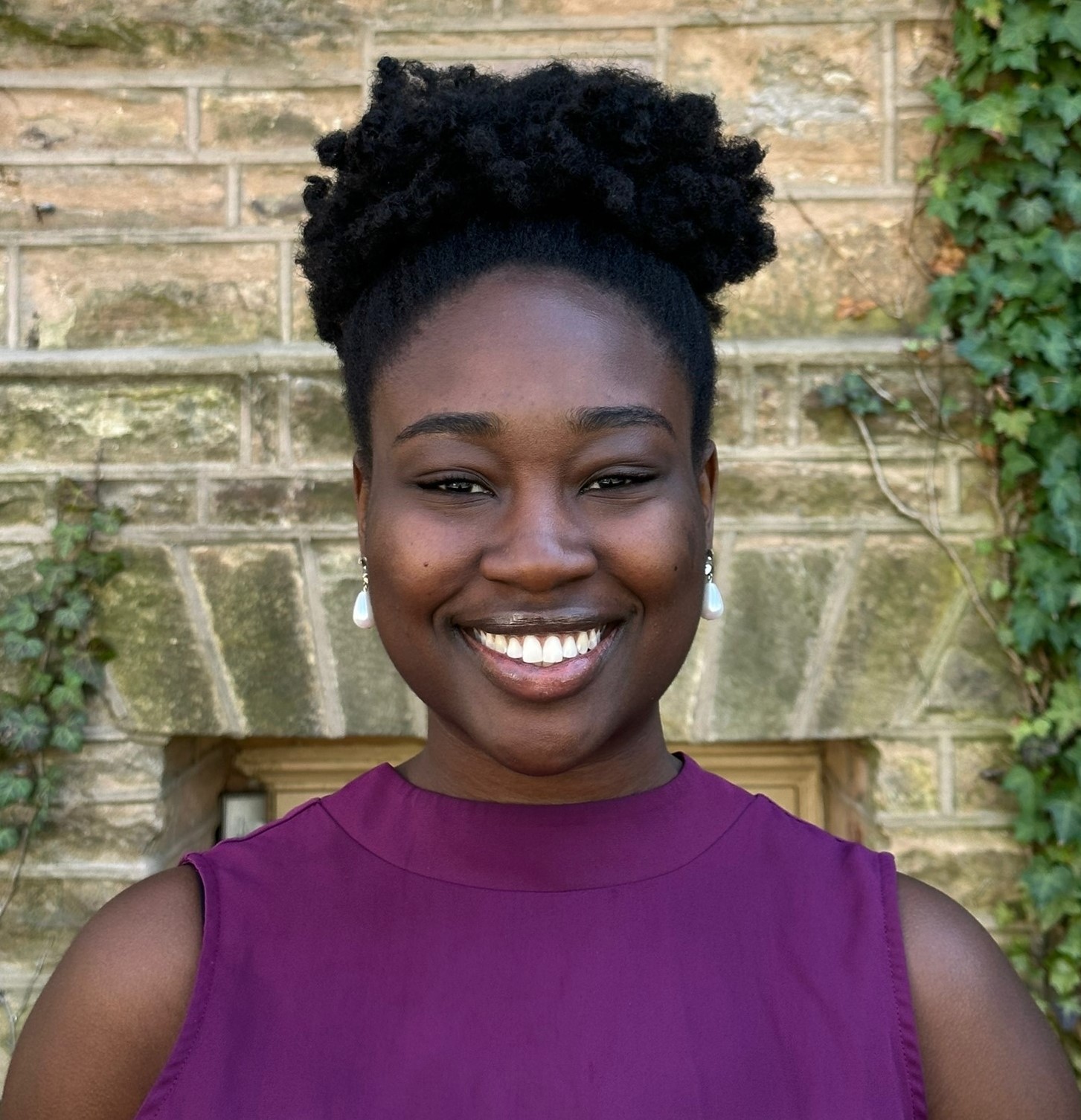
Sydnae Taylor
- Scholar
- Jamaica
- 2023 MPhil Health, Medicine and Society
- Darwin College
I was born and raised in Kingston, Jamaica where I navigated two cultures of care. This foundational experience, coupled with the knowledge and understanding gained from research and personal healthcare challenges, has shaped my passion for cultivating high-quality healthcare in the Caribbean. As an undergraduate studying Anthropology and Global Health at Princeton University, I developed an appetite for understanding the health narratives of people and contexts of diseases. During my MPhil in Health, Medicine and Society, I plan to conduct research on maternal health, violence and humanized birthing practices in low resource contexts. I will explore the effects of obstetric violence on maternal and child health and prioritize quality of care for women during pregnancy, childbirth and postpartum. I believe that it is essential to center the voices of women in an effort to reimagine birthing possibilities and will take a multidisciplinary approach to my work. I am honored to be joining the Gates Cambridge community and look forward to approaching global health as a collective effort.
Previous Education
Princeton University Medical Anthropology 2023
Tomas Tokovyi
- Scholar
- Ukraine, Israel
- 2023 MPhil Bioscience Enterprise
- St John's College
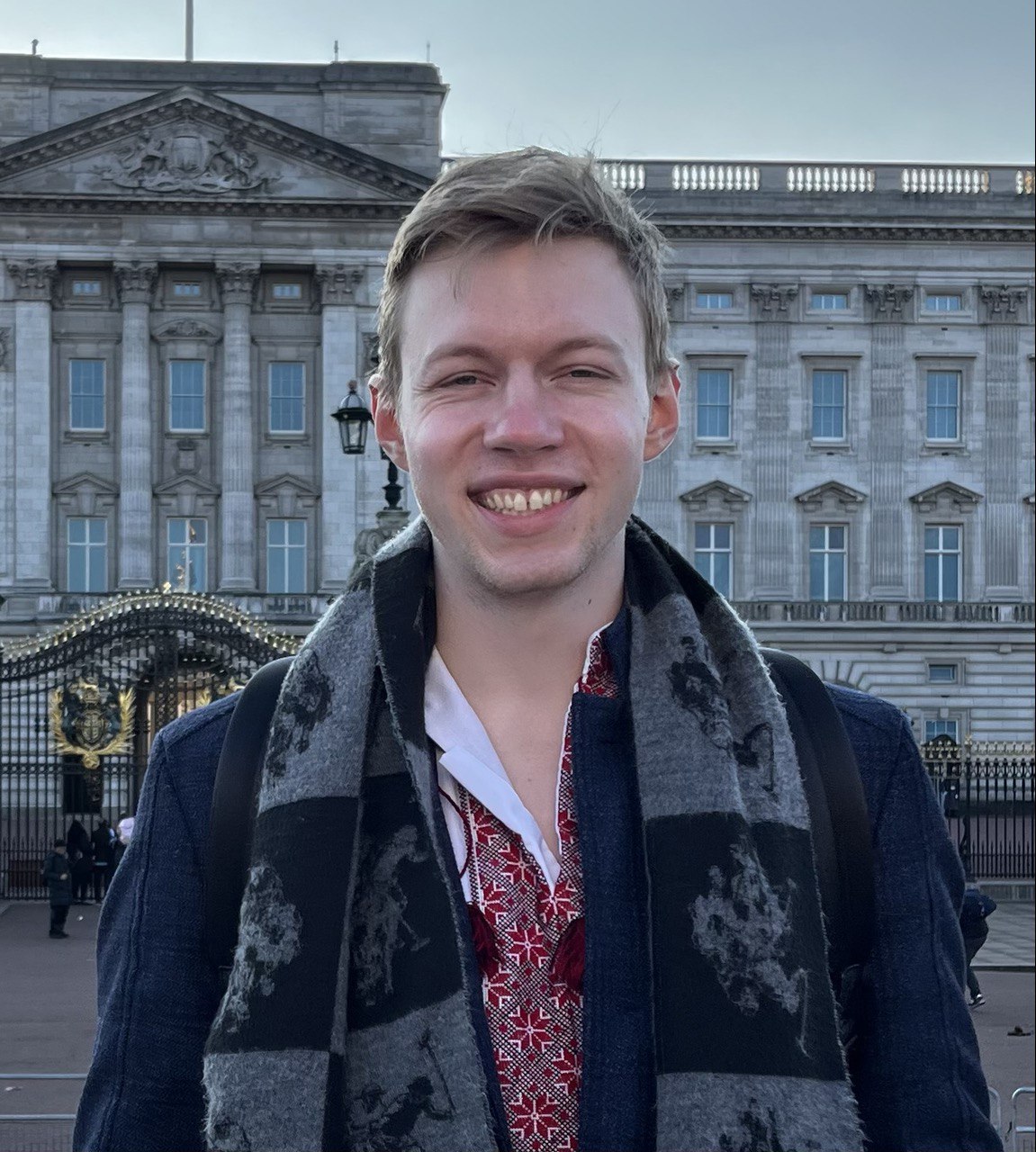
Tomas Tokovyi
- Scholar
- Ukraine, Israel
- 2023 MPhil Bioscience Enterprise
- St John's College
I grew up in Bila Tserkva, Ukraine and at the age of 15, I was one of three students from the country to win a full scholarship to study A-level studies in the UK (HMC Projects 2017-2019).With an interest in molecular medicine, I decided to pursue BSc Biochemistry at the University of Bristol, where I was ranked as the best student (n>120) for three consecutive years.For my masters, I explored the intersection between genetics and data science at the University of Oxford where I was awarded a full-ride academic scholarship (Clarendon Scholarship). Throughout my studies, I developed a keen interest in biotechnology and enterprise..Nevertheless, as much as I am passionate about biotechnology, what I ultimately care about the most is people. After Russia invaded Ukraine, I have been leading various large-scale fundraising events and educational projects to support Ukraine.At Oxford, I became the Vice-President of the Ukrainian Society and together with friends raised over £150,000. My ultimate goal is to contribute to the reconstruction of Ukraine by developing a strong biotech community there. In the future, I hope to establish incubators for rising start-ups and inspire the next generation of young scientists.
Previous Education
University of Oxford Genomic Medicine 2023
University of Bristol Biochemistry 2022
Andrzej Uhl
- Scholar
- Poland
- 2023 PhD Criminology
- St John's College

Andrzej Uhl
- Scholar
- Poland
- 2023 PhD Criminology
- St John's College
My planned research centres on the pressing questions of why certain people engage in corruption when its consequences can ultimately deprave the political system, rig the global economy and ruin the environment. And why do some refuse to?To answer these questions, I will explore the interplay of personal and situational factors in an experimental bribery game. Little can be done against corruption without a nuanced understanding of its causes. Through unpacking an individual-level mechanism of corrupt decision-making, I wish to respond to the ever-growing demand for evidence-based anti-corruption strategies.After observing how my home country’s newly-won democratic institutions were gradually eroded by political venality from 2015 onwards, with an ensuing deterioration in its Corruption Perception Index position, I began to focus my research on the subject. As it is by no means a merely regional problem, I plan to collect my data in under-researched jurisdictions of the Global South with the aim of studying the phenomenon in some of the societies it most affects.I am thrilled to join this global network dedicated to bettering the lives of others and profusely thank Gates Cambridge Trust for their generous support.
Previous Education
University of Cambridge MPhil in Criminology 2023
University of Heidelberg German and European Law 2021
Jagiellonian University Law 2019
Albert van Wijngaarden
- Scholar
- Netherlands
- 2023 PhD Polar Studies
- Jesus College
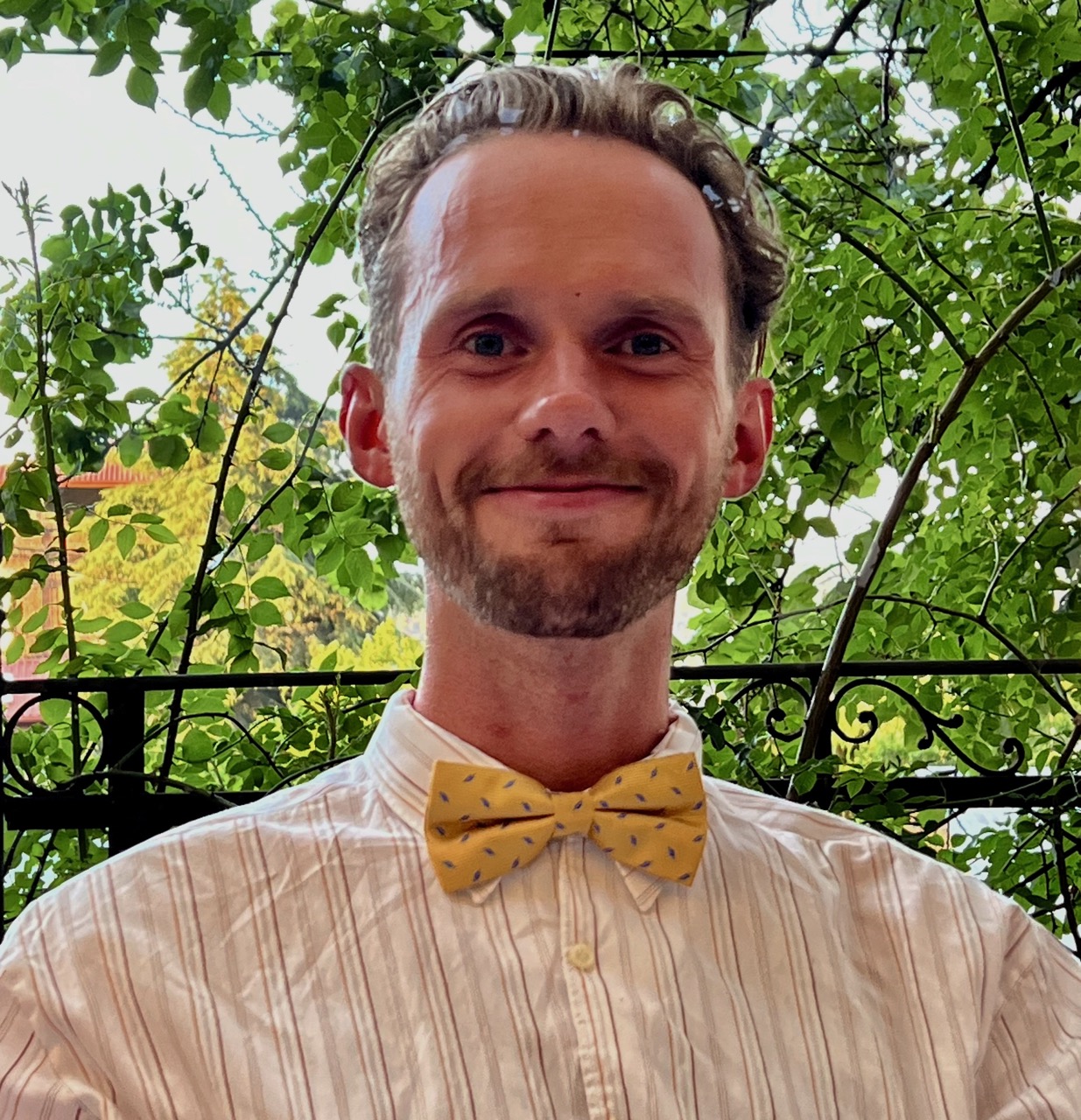
Albert van Wijngaarden
- Scholar
- Netherlands
- 2023 PhD Polar Studies
- Jesus College
I have had a rather eclectic academic career, and have worked across several different areas of the humanities and social sciences in different countries around the globe. In light of the deteriorating climate crisis, my research has progressively shifted towards the environmental sciences, with a special focus on the study of the cryosphere.In my doctoral research, I will study “climate intervention” projects that have been suggested to help preserve elements of the cryosphere in the Arctic and the “Third Pole”. As global temperatures continue to rise, and effective emissions reductions fail to materialise, I foresee that such proposals to artificially interfere in the climate through technoscientific means will increasingly move onto the main stage of climate debates. Many of these schemes are however far from exemplary as postcolonial scientific projects, and the debates around them are highly polarised. During my doctoral studies I therefore hope to further the knowledge of such climate intervention projects, explore their influence on the public perception of climate change, and to facilitate debates on their relation to climate justice.
Previous Education
University Paris-Saclay & UVSQ Arctic Science 2022
Rijksuniversiteit Leiden (Leiden Univ) History 2017
Vishal Vasanthakumar
- Scholar
- India
- 2023 PhD Sociology
- St Edmund's College
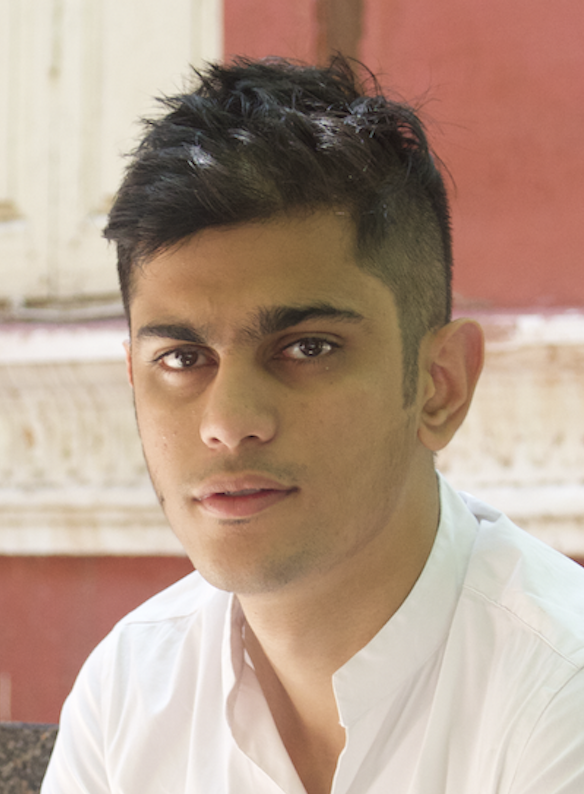
Vishal Vasanthakumar
- Scholar
- India
- 2023 PhD Sociology
- St Edmund's College
What does education do? What roles does education play in shaping people’s identities, values and lifeworlds? Having worked as a teacher, a political consultant and a program manager with state education departments in India, I have been keen to derive a deeper understanding of what education does. My first book, titled “The Smart and the Dumb”, takes a journalistic view of how education and culture intersect in India and is due for release in early 2023 by Penguin Randomhouse. My PhD research will focus on how elite education in India creates and reproduces caste and class identities. Through my research, I hope to unpack the mechanisms of how identities reproduce and manifest themselves in new forms through education and how elites contribute to these dynamics.
Previous Education
Harvard University International Education Policy 2020
Anna University Mechanical Engineering 2016
Arushi Vats
- Scholar
- India
- 2023 PhD History of Art
- Christ's College
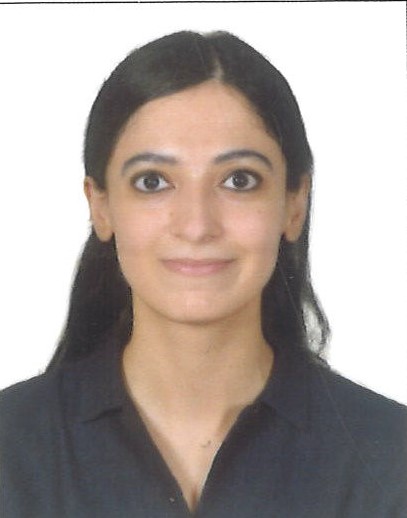
Arushi Vats
- Scholar
- India
- 2023 PhD History of Art
- Christ's College
After completing my graduate studies at Jawaharlal Nehru University in New Delhi, I have worked in the culture industry of India, focusing on contemporary art of South Asia as a researcher, critic, and curator. Being involved with organisations that challenge authoritarianism, I am interested in how art and activism intersect in powerful and necessary ways. My learning in art has been shaped by ‘doing’—working with artists and collectives, working against capitulatory institutions, and working towards sites of freedom. It is a mode of learning driven by shared spaces, cross-disciplinary pollination and open pedagogies such as reading groups, writing workshops, and public seminars. Such formats of ‘thinking with’ are integral to my scholarship. My research on the mediatic transfers between the photographic and painted image emerging from cites of civic resistance in India will chart a history of lively contestation over notions of the public sphere, articulations of dissent, acts of collective organising, and assertions of difference. By engaging with the history of civic action from below, I hope to draw vital insights into the evolving political ecology of resistance, and its cultural afterlife as image and icon.
Zhaoting Justin Wei
- Scholar
- Hong Kong
- 2023 PhD History
- St Edmund's College
Zhaoting Justin Wei
- Scholar
- Hong Kong
- 2023 PhD History
- St Edmund's College
Born and raised in Hong Kong, I am very grateful to have had teachers who from early on nurtured my passion for historical inquiry. My research to date has centred around post-imperial projects of world-making and solidarity. As an undergraduate, I investigated postcolonial economic thought in the Caribbean, with a particular focus on Michael Manley, members of the New World Group, and advocacy for the New International Economic Order. During my MPhil, I returned to the topic of the New International Economic Order, examining how various British constituencies responded to this bold programme demanding global economic reform. At Cambridge, I intend to explore an adjacent instance of postcolonial ‘world-making’ by examining how networks and expressions of Afro-Asian solidarity in support of the Black Power movement emerged and evolved – both across the Caribbean and within the United Kingdom. I hope that this research will shed light not only on how intersectional solidarity manifests and operates, but also on the implications of such historical solidarity for contemporary anti-racism movements. I am honoured to be able to pursue this research as part of the Gates Cambridge community.
Previous Education
University of Cambridge Economic and Social History 2022
Harvard University History 2021
Ben Weissenbach
- Scholar
- United States
- 2023 PhD Polar Studies
- St John's College
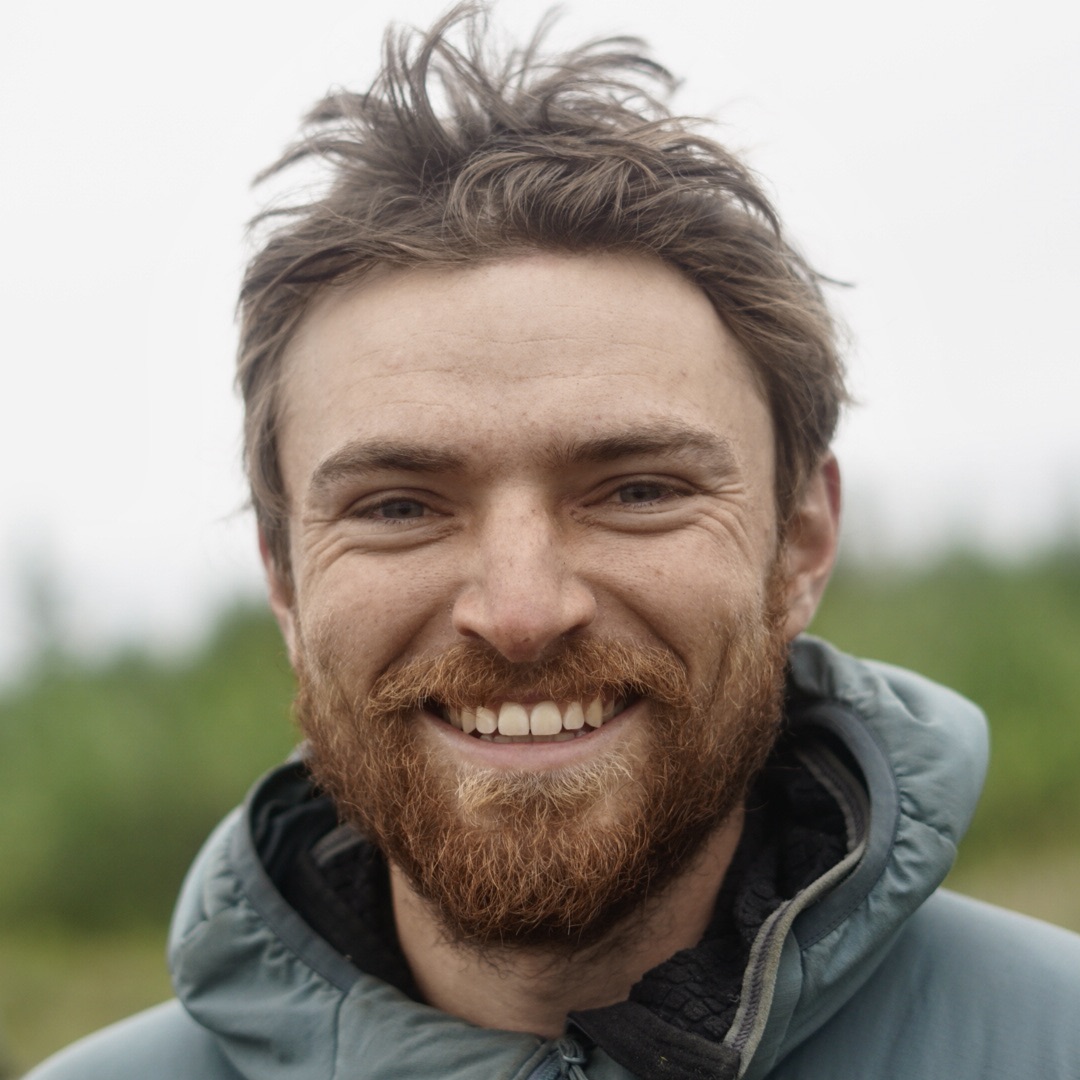
Ben Weissenbach
- Scholar
- United States
- 2023 PhD Polar Studies
- St John's College
Ben is a journalist and writer from Los Angeles. As an undergraduate at Princeton, he used breaks to shadow scientists in Alaska, visiting the largest glaciers in the American Arctic, living off-grid in winter to research permafrost, and walking and packrafting across the Brooks Range to study the boreal forest’s poleward migration. His forthcoming nonfiction account, North to the Future (Grand Central, July 2025), recounts a scientific, philosophical, and attentional journey to understand how one of the fastest-warming corners of the planet is changing. His writing has also appeared in the LA Times, National Geographic, Smithsonian, Scientific American, Literary Hub, Washington Post, and other publications. As a PhD candidate in Polar Studies at Cambridge, he plans to research environmental perception under the mentorship of Professor Michael Bravo. In spare time, he runs trails, surfs, and volunteers as an ocean therapist.
Previous Education
Princeton University English 2020
University College London English 2018








